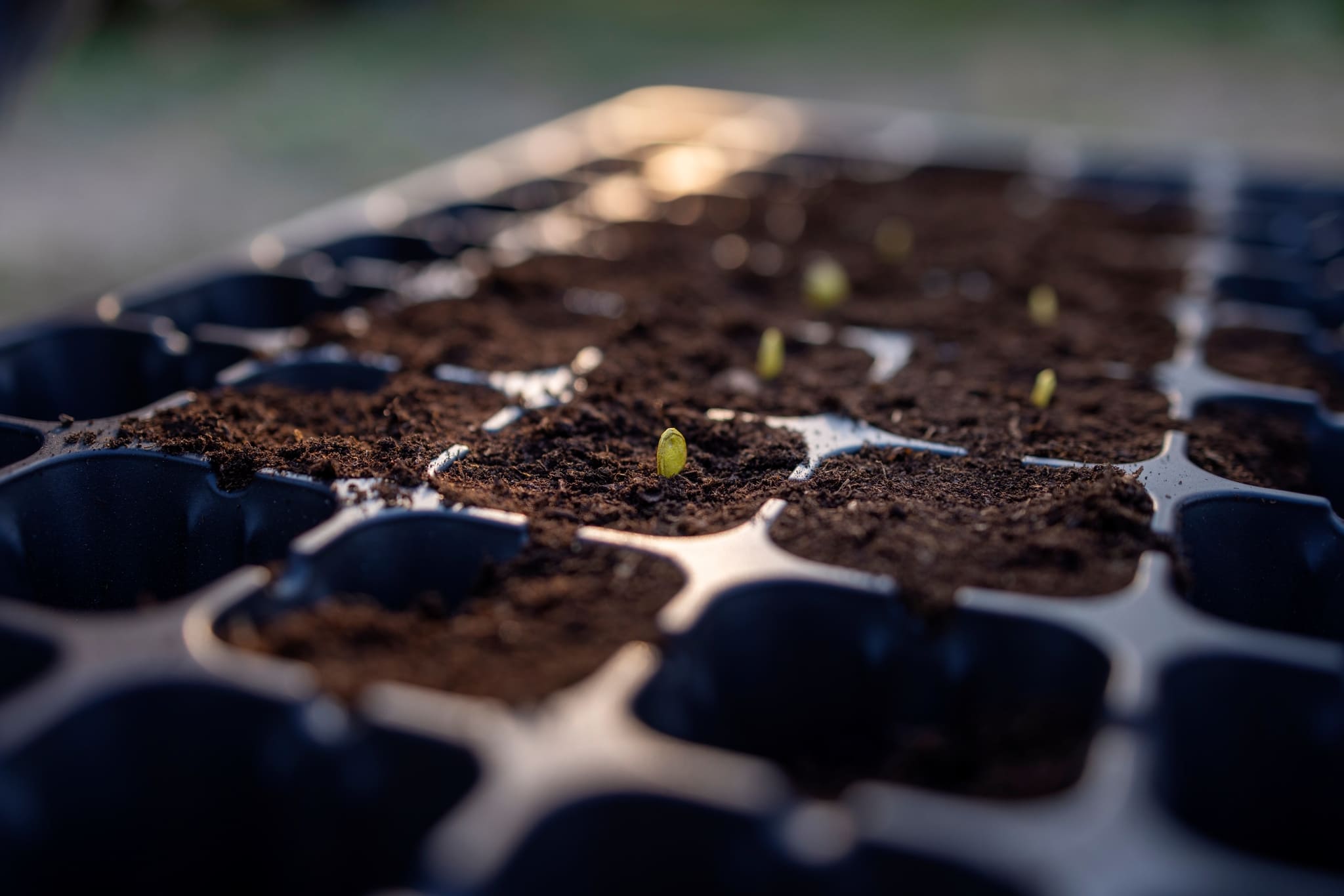
Fast Fit Palms: A molecular toolbox for efficient date palm breeding
Ikram Blilou, Salim Al Babili, Heribert Hirt, Simon Krattinger, Magdy Mahfouz Mark Tester & Rod A. Wing
Dates are the most popular fruits in the Middle East, mainly because of their societal importance and high nutritional value. Despite the enormous importance of date palms in agriculture, food security, and economy, basic research on date palms has been largely neglected, resulting in a lack of molecular breeding tools that are routinely used today for other crops. Our lack of understanding of the basic mechanisms of date palm growth and adaptation to desert conditions leaves us unprepared for addressing newly emerging threats.
Date palm cultivation is increasingly facing major challenges, including large infestations by red palm weevil (Rhynchophorus ferrugineus) and Bayoud, a fungal disease caused by Fusarium oxysporum) (Ammar and M.A.El-Naggar, 2011; Johnson et al., 2013). Unfortunately, fundamental molecular tools and genomic resources to enable the discovery of novel solutions to cure or prevent these threats are still lacking. In most crops, available transformation and tissue regeneration protocols have been instrumental for understanding gene function, studying plant development, and identifying resistance genes to pests and diseases. In wheat, for example, understanding resistance mechanisms against pathogens (e.g. identification of genes eliciting defense responses) has allowed the identification of resistance genes and designing preventive strategies against pathogen infection. Without this basic knowledge, any attempt to find radical solutions to protect and improve date palm production will be severely restricted.
In date palm, establishing molecular tools has been challenging, essentially because of its long generation time, lack of a transformation protocol, and lack of ultra-high quality and well-annotated reference genomes. Under optimal conditions, date palms begin to bear fruits 4 to 5 years after planting and reach full yield potential after 10 to 15 years of cultivation. In addition, though date palms can be grown from seed, they are highly heterozygous individuals and seed propagation results in altered characteristics of fruit maturation and quality in orchards. Instead of seeds, date palms are commercially propagated by offshoots that develop from axillary branches coming directly from the mother palm and thus are genetically identical and produce the fruit of the same quality as the mother. However, palms produce a limited number of offshoots and only in their early life (the first 10–15 years), which makes this propagation method slow and inefficient. In addition, the survival rate of offshoots is very low after separation from the parent and they often carry diseases (Johnson et al., 2013). Obtaining viable palms that produce fruits from homogenous tissue culture to maintain pure lines and establishing transformation protocols for date palm are the first steps toward contributing to increasing date palm production in the KSA.
Date palm production is becoming increasingly unstable because of pest infestations and abiotic threats. Understanding and exploiting these unique features will pave the path towards improving date palm production and generating crops with similar characteristics. The outcome will have a major input in promoting desert agriculture.

Figure 1: Illustration of the proposed research program.
This project aims to establish the molecular and biotechnological tools to greatly accelerate and improve date palm growth and sustainability – to make fast, fit palms – through the following short- and long-term objectives (Figure 1).
- Implement gene-editing technology in the date palm genome to generate lines that can tolerate various biotic and abiotic stresses.
- Accelerate date palm growth through modulating developmental regulators (cell cycle control, hormone homeostasis, chromatin remodeling).
- Accelerate date palm flowering through rewiring the network controlling floral transition.
- Create a cocktail of growth regulators and microbiomes to improve date palm and crop fitness under challenging conditions.
- Transfer genes that convey tolerance to heat from date palms to other crops.
